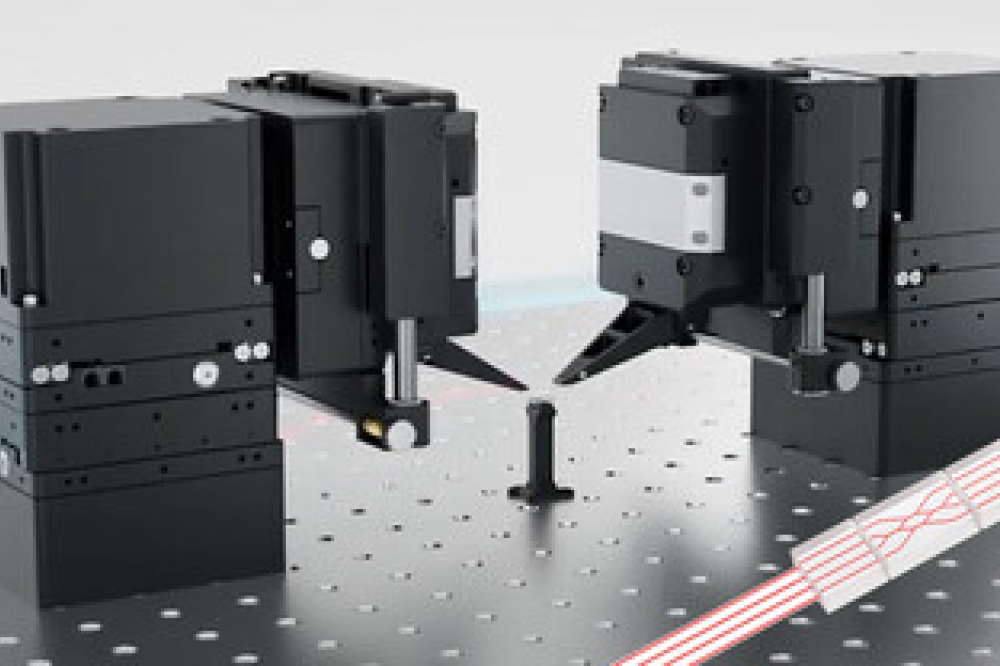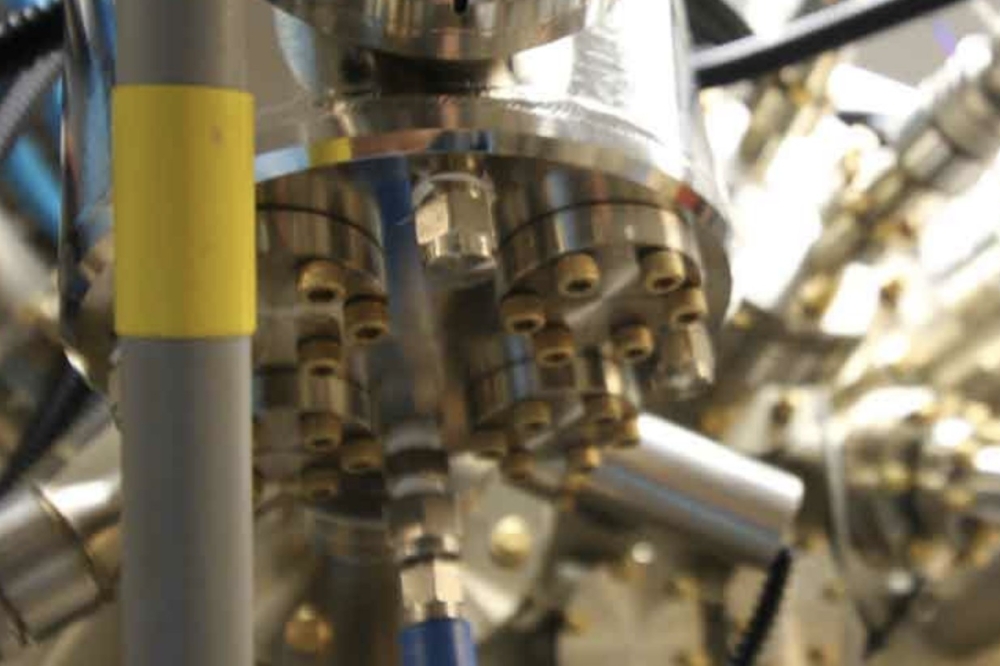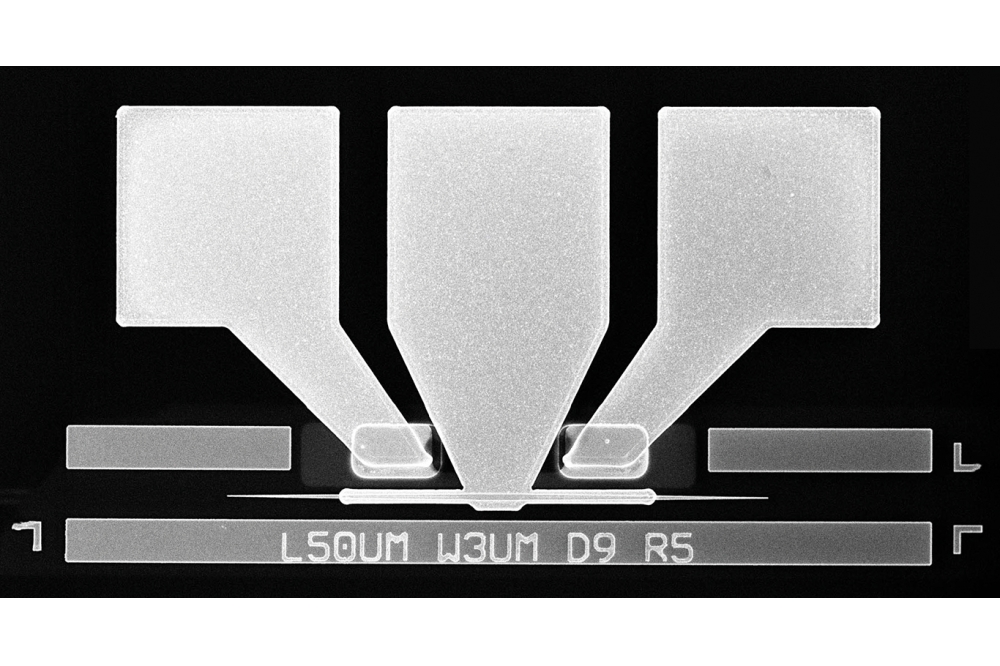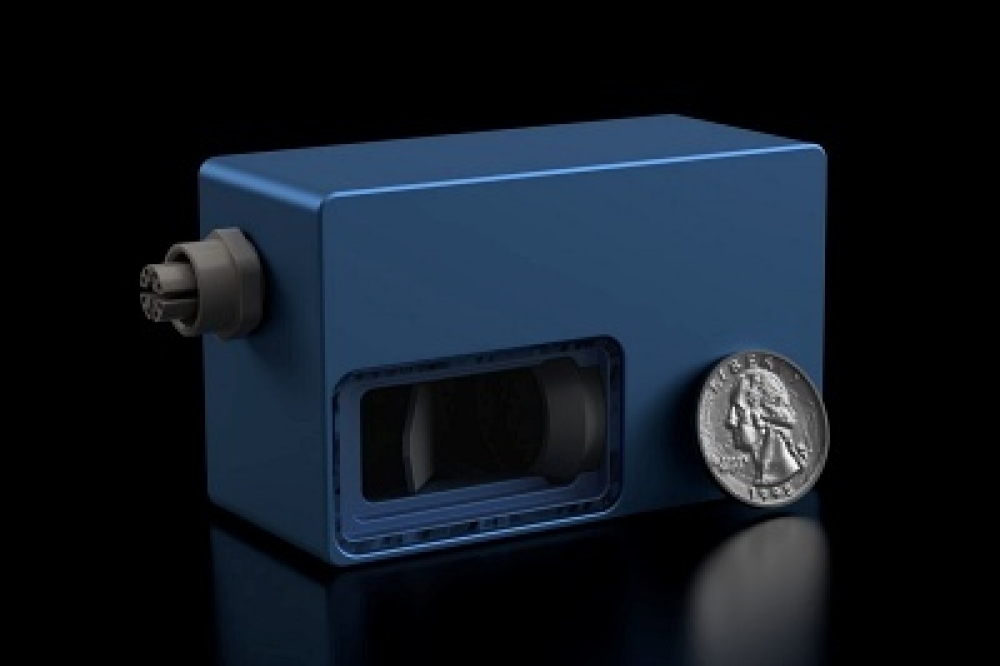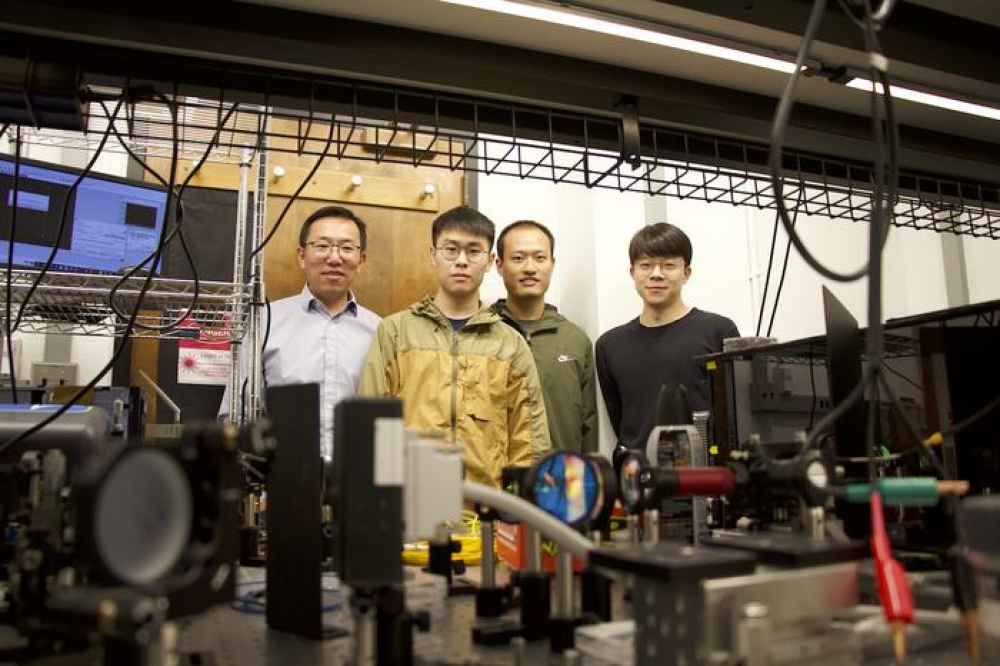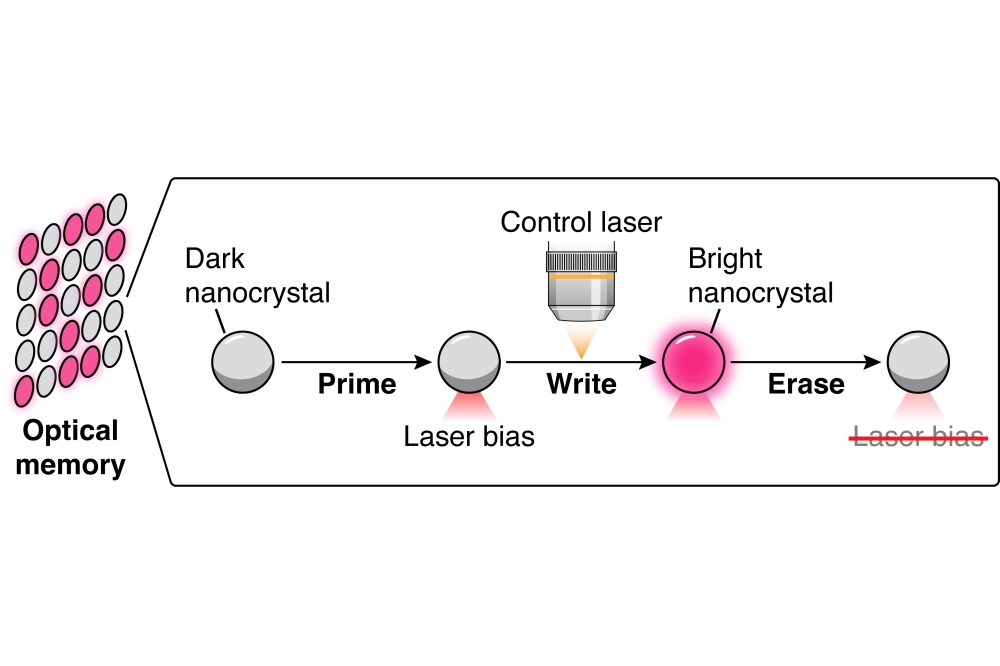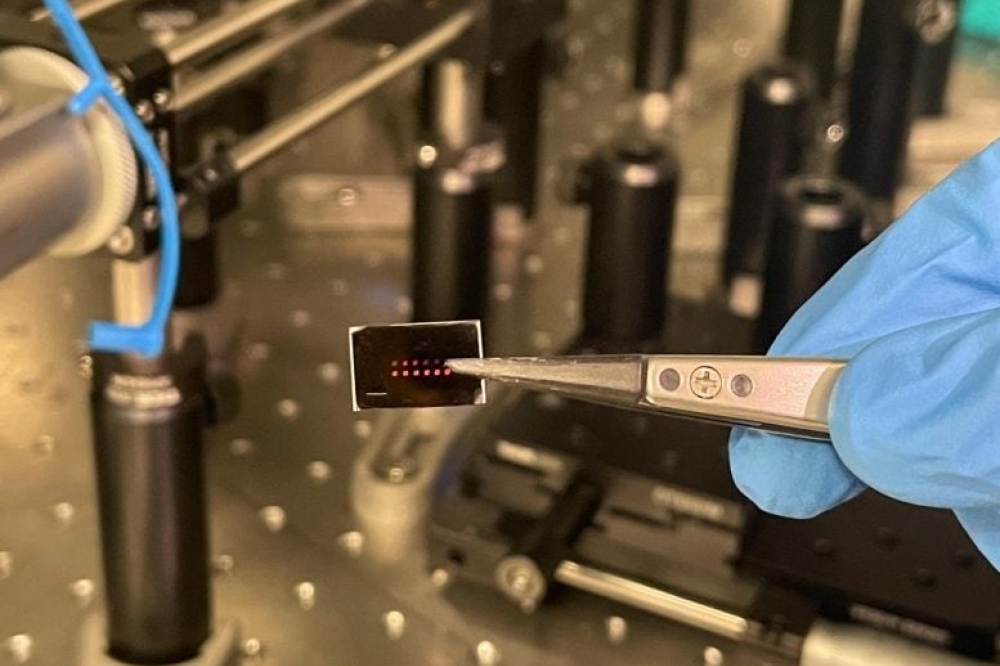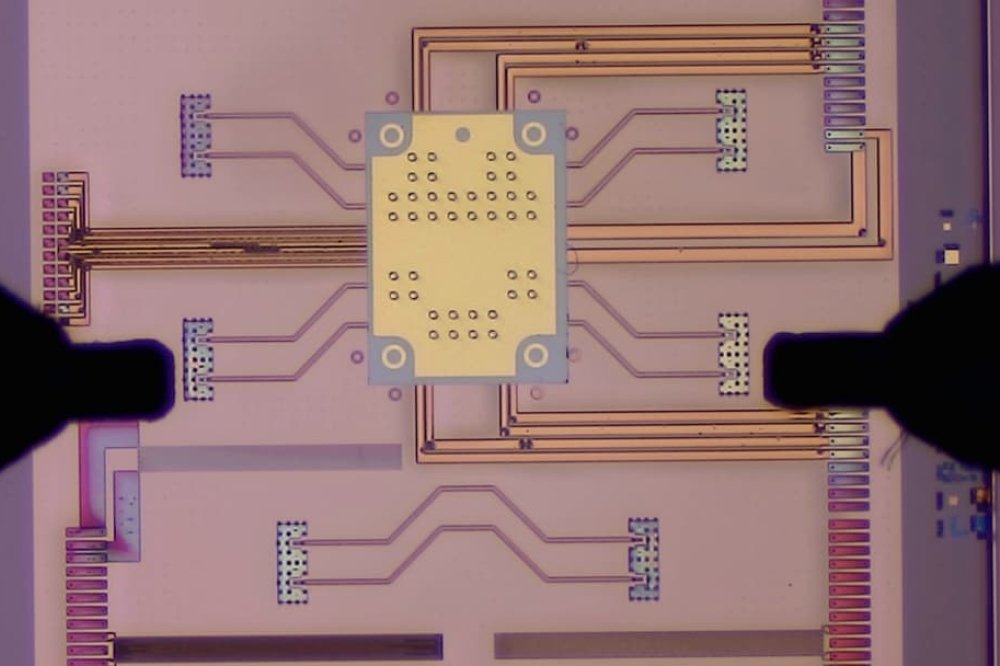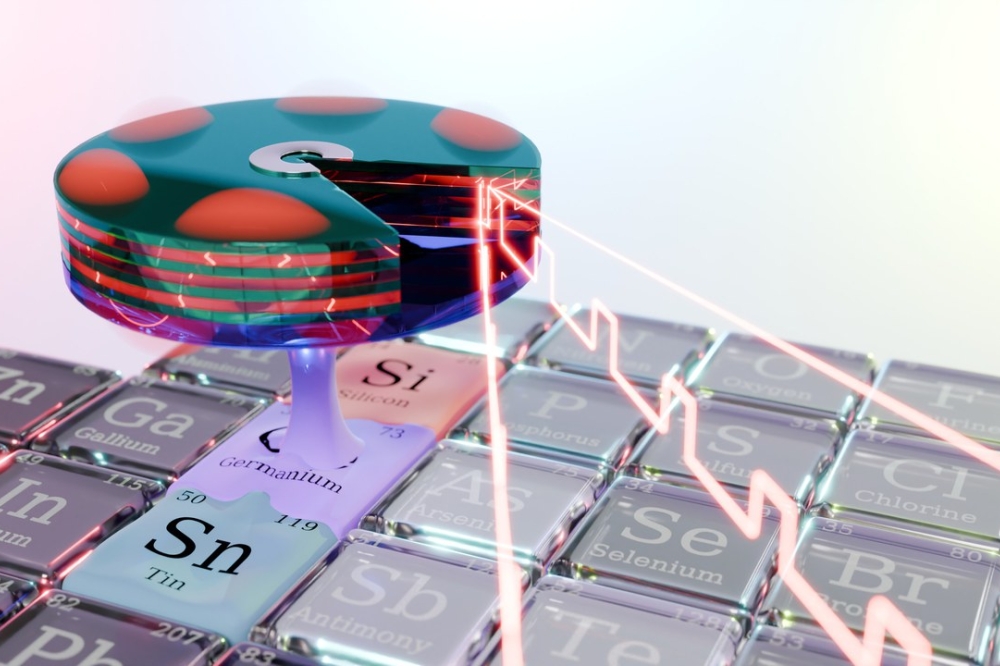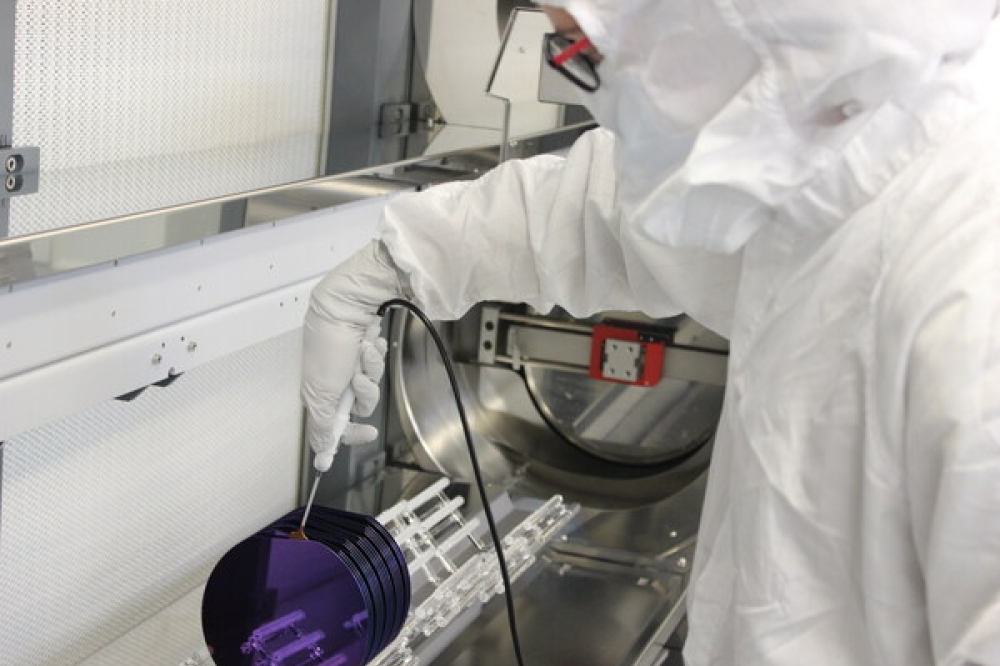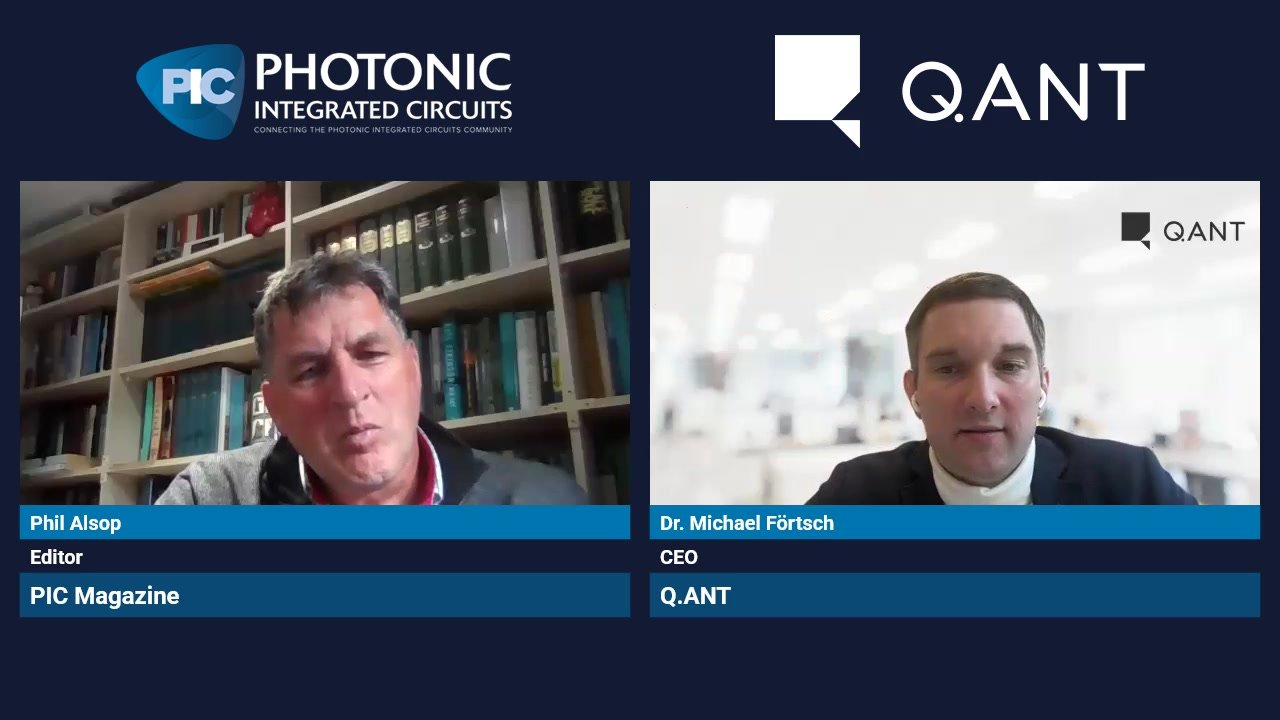Quantum Computing Inc. selects Arizona site for photonic chip foundry
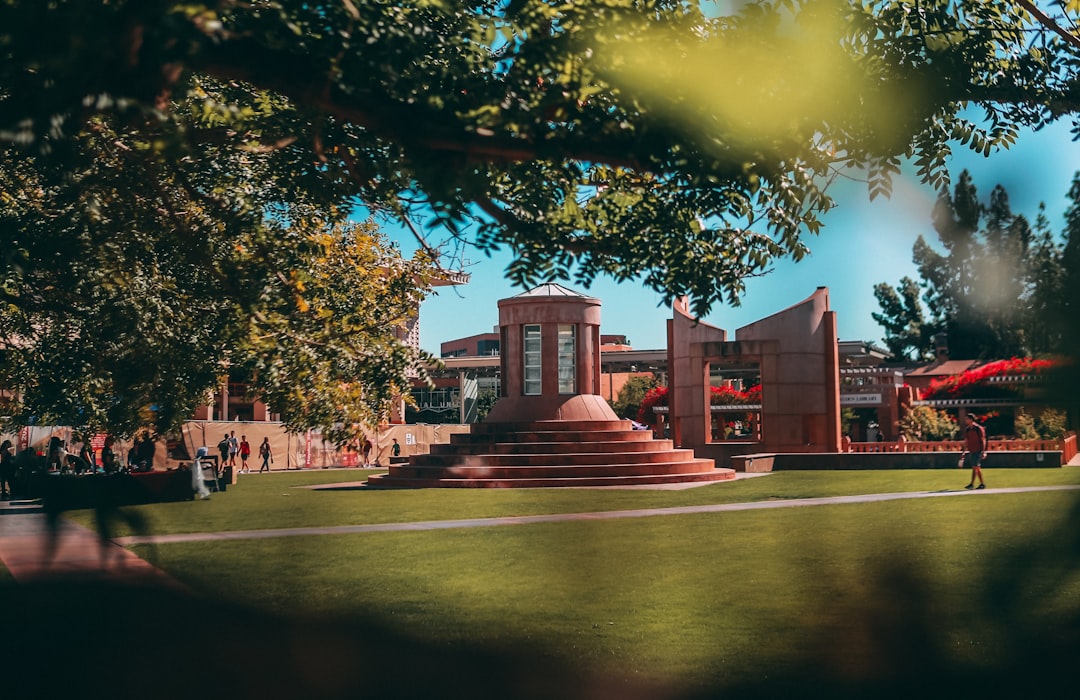
Quantum Computing Inc. (QCi), a quantum optics and nanophotonics technology company, has announced that it has chosen Arizona State University (ASU) Research Park in Tempe, Arizona, as the location for its new quantum photonic chips manufacturing facility, where it will produce its Thin Film Lithium Niobate (TFLN) chips.
With this new facility, the company intends to expand production to accelerate advanced technology development in nanophotonics and optical chip manufacturing for use in its high-performance computing, machine learning, cyber security, sensing, and imaging products. QCi says that these chips offer heightened scalability and performance advantages such as speed, accuracy and ultra-low electric power consumption. Lithium niobate nanophotonic circuits (quantum chips) will be used in QCi’s products and be available for general sale in the market as well.
Elaborating on its choice of location, QCi says the state of Arizona is one of the leading semiconductor ecosystems in the US, comprising more than 100 leading tech companies, built upon a long history of advancing the chip industry dating back to the first Motorola lab in the late 1940s. The company also says that Arizona is a driving force in the field of optics as its government leaders were early in the championing of advanced photonic research by supporting strong research universities interested in exploring mission-ready quantum computing and related technologies.
The location QCi chose for its new facility is on five acres within the extensive 320-acre research park hosted by ASU. The research park currently provides 2.2 million sf. of Class A office and research facilities for more than 6,700 employees and 50 corporations and organisations, including Honeywell, Texas Instruments, Linear Technology, GE Healthcare, Iridium Satellite and the Institute for Supply Management. The selection of this site aims to promote cooperation, creativity and leverage the park’s pre-existing infrastructure and skilled workforce.
To date, QCi has placed deposits for the procurement of critical long-lead equipment and paid other expenses associated with the new chip fabrication facility of approximately $2 million. The company plans to begin the buildout of the facility during fourth quarter 2023. As a lease incentive, the landlord agreed to provide a significant portion of the leasehold improvements needed to develop the fabrication facility. In addition, there are multiple funding sources available for state-of-the-art manufacturing facilities, including state and federal grants and low single-digit interest rate loans.
Importantly, QCi believes it is in a strong position to benefit from the CHIPS and Science Act of 2022, which allocated $113.2 billion in federal funding and tax incentives to companies for the development of semiconductor research and manufacturing in the U.S. QCi anticipates that its chip manufacturing will commence operations first half of 2024, initially with singly purposed chips—such as those physically unclonable functions, electro-optical modulation, quantum entanglement generation—and mass-producing quantum photonics chips with complex nanophotonic circuits by late 2024 / early 2025.
“The quantum photonic chip facility is poised to make a significant impact in the United States by becoming the first US-based developer and producer of thin film lithium niobate chips. This accomplishment not only enhances the nation’s manufacturing capabilities but also reduces reliance on foreign chip imports,” commented Robert Liscouski, QCi’s CEO. “The chips, which will be manufactured domestically, are a central part of QCi’s technical and commercial growth strategy and will serve as the foundation for a new wave of innovative quantum technologies, spanning fields such as data processing, hybrid computing, cryptography, sensing, and artificial intelligence. This initiative will serve to keep the US as a leading technology provider and will reinforce supply chain security and solidify QCi’s position in the nanophotonics and quantum optics industry.”
Mr. Liscouski added: “The multiple benefits of locating in Arizona, and at the ASU Research Park in particular, are expected to accelerate the time-to-market of the first products powered by QCI’s quantum photonic chips. Expansion into Arizona represents a strategic initiative for the company. The location was selected due to the state’s leadership in the field of optics, its early recognition of the importance of advanced photonic research, and the presence of numerous state and US government entities interested in exploring mission-ready quantum computing and related technologies.”
Mr. Corey Woods, Mayor of Tempe, Arizona, commented: “This expansion by QCi holds great potential for Tempe’s economic development. By prioritising the production of lithium niobate chips, QCi is not only creating job opportunities in engineering and manufacturing but is also establishing a pioneering quantum technology sector in the region. This move is set to enhance Tempe’s reputation as a technology hub, attracting talent and promoting an environment conducive to innovation.”



